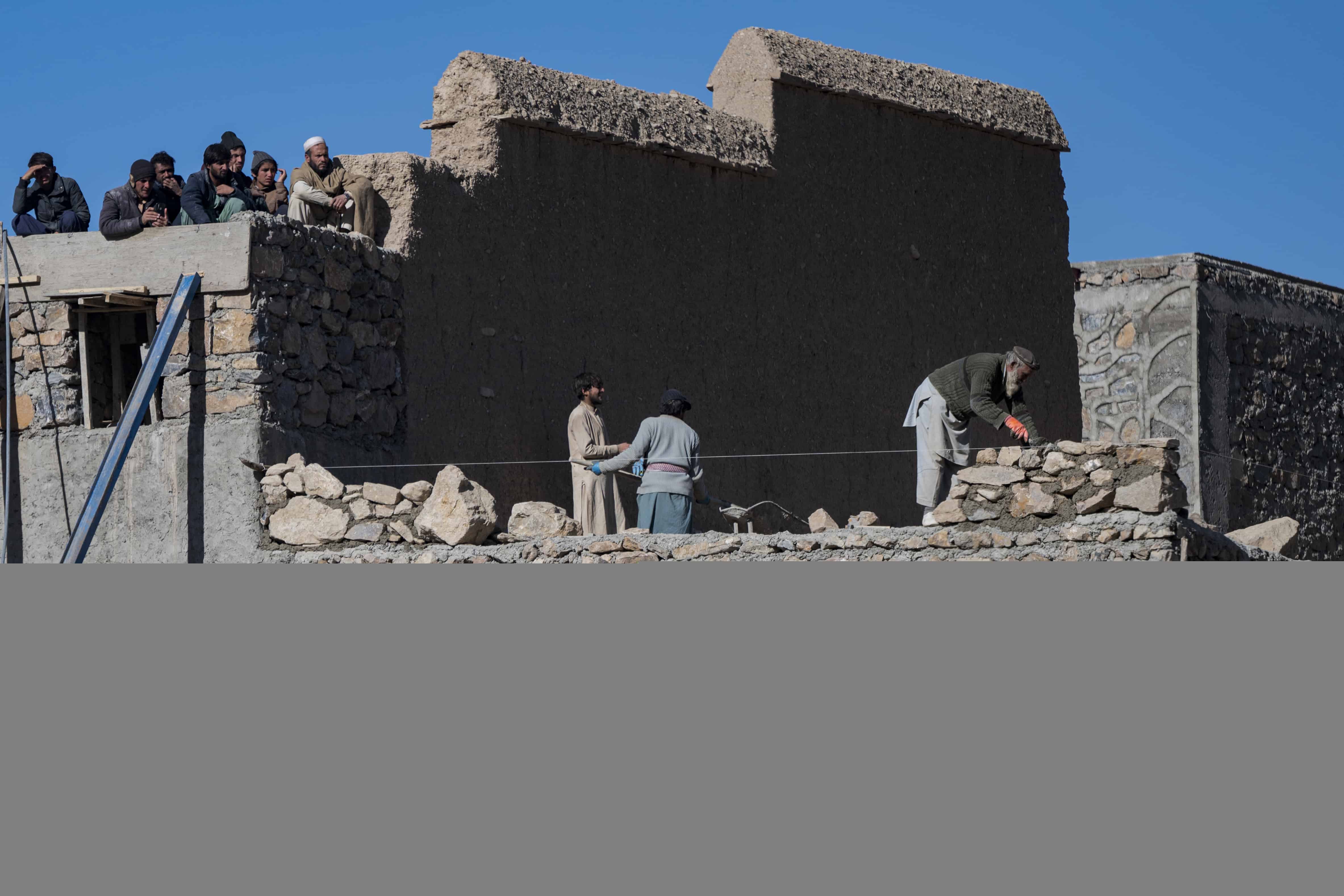Kabul, Afghanistan– Laborer Rasool Badshah has moved into a new home six months after a deadly earthquake rocked eastern Afghanistan, but without his mother, who was killed by collapsing walls.
More than 1,000 people were killed and tens of thousands made homeless after the 5.9-magnitude quake — the deadliest in Afghanistan in nearly a quarter of a century — struck the impoverished province of Paktika on June 22.
“When I reached here, my mother, brothers, everyone was already buried,” Badshah, 21, told AFP, explaining how he rushed back to his village from Pakistan, where he was working.
Hundreds of earthquake-resilient concrete homes, many built by local laborers with the support of the United Nations refugee agency, have now been handed over to survivors who were until now living in makeshift tent cities.
“We couldn’t have built these houses, not even our children or grandchildren (could have)… we could not afford it. We were living in huts,” Badshah said.
The UNHCR said the new homes are equipped with solar panels, independent toilets and traditional heaters to help residents face harsh winters.
Even before the earthquake, Afghanistan was in the grip of a humanitarian disaster made worse by the Taliban takeover in August 2021.
International development funding on which the South Asian country relied dried up after the takeover and assets held abroad were frozen.
The remote east where the quake struck had been neglected by authorities for years, said survivor Bara Khan.
“After the earthquake, people came and saw that residents of the area were in trouble. We don’t even have a clinic or a school,” Khan said.
“Everybody has grown up illiterate.”
The UNHCR will start work to build two schools and a clinic in the area, still strewn with rubble, after the winter.
Afghanistan is frequently hit by earthquakes, especially in the Hindu Kush mountain range, which lies near the junction of the Eurasian and Indian tectonic plates.








